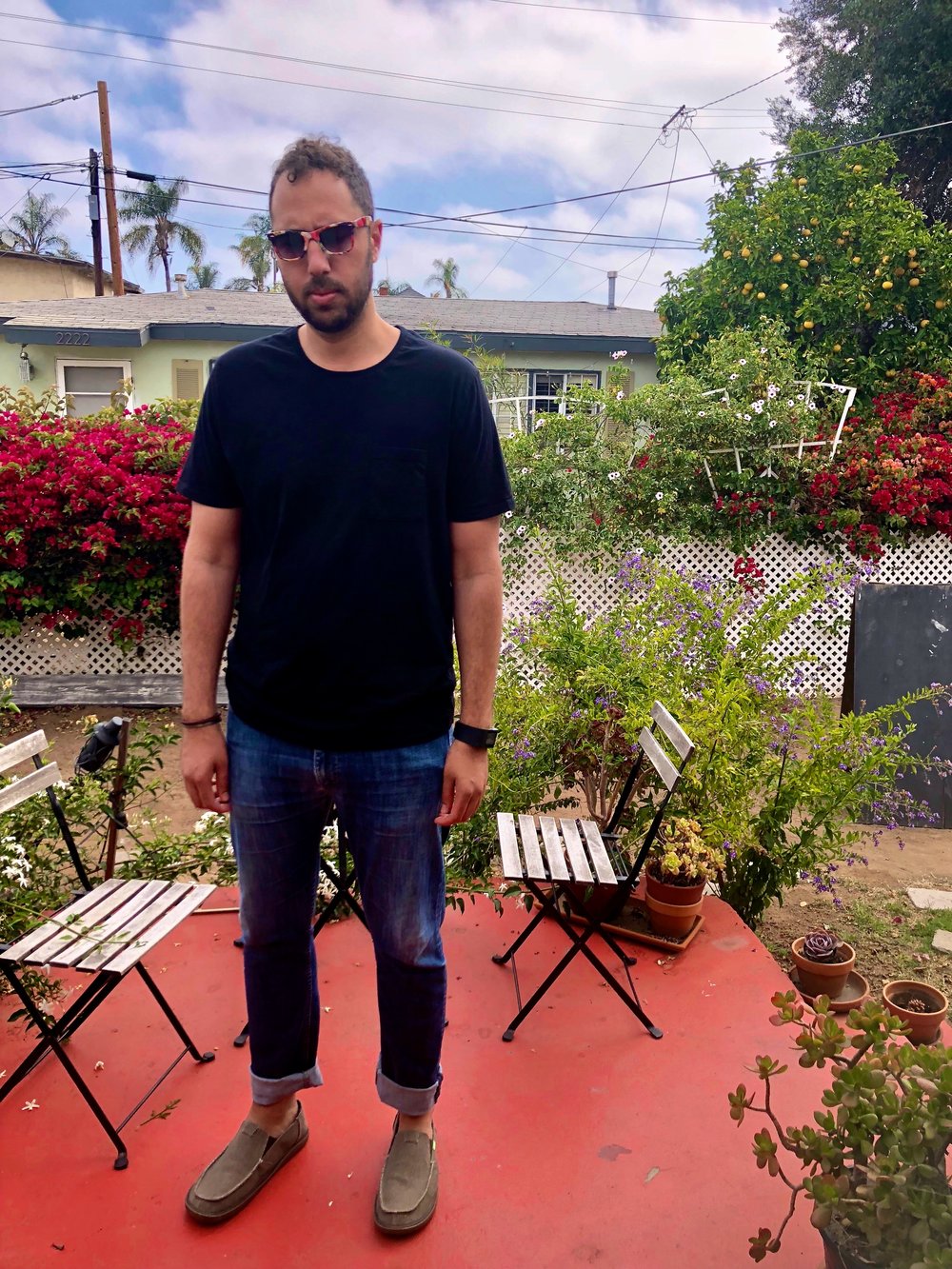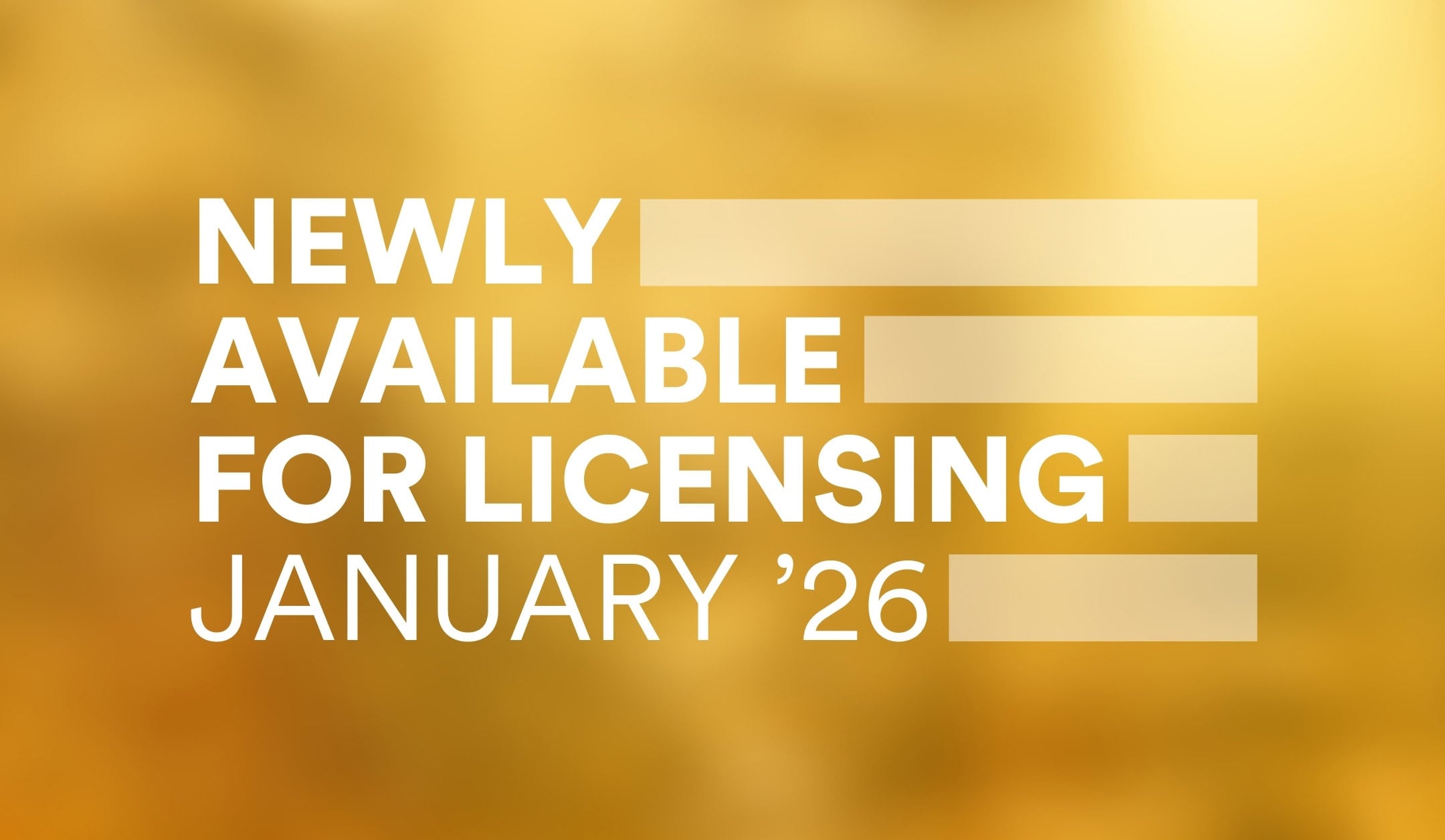
This is the latest in our Meet the Fellows series, where the Dramatists Guild Foundation will introduce you to the current class of DGF Fellows. Each of these writers and writing teams have proven themselves to be leaders of the craft whose work we expect to be enjoying for years to come.
Since its inception in 2000, the DGF Fellows program has provided a home for more than 160 writers. Over the course of this year-long intensive, composers, lyricists, playwrights and bookwriters work with professional mentors, honing their individual processes while developing a full-length piece. Beneficiaries of this rigorous and highly selective fellowship receive stipends, development opportunities, and a foothold in the industry. Alumni include Anna Ziegler (Actually), Rajiv Joseph (Bengal Tiger at the Baghdad Zoo), and Kristen Anderson-Lopez (Academy Award winner, Frozen) among dozens of other vital contemporary theatre makers.
Helmed by Michael Korie (Grey Gardens), Laurence O’Keefe (Legally Blonde), Sheri Wilner (Kingdom City) and Diana Son (Stop Kiss), the DGF Fellows program is singular in that it pairs playwrights and musical theater writers, creating a space for diverse and interdisciplinary creators.
It is our pleasure to help spread their unique and promising voices. Now, get to know Eric Micha Holmes.
What was your first experience with theater?
A theatre troop passed through my elementary school. They performed a play about two homeless men arguing over how to construct a large box. Not until the very end was it revealed, after the box was complete, that on one of its sides was a painting of a human eye.
At the talk-back, a dozen second graders shot up their hands and we all wanted to know the same thing: What’s the deal with that eye on the box? The actors encouraged us to find our own significance. So I blame them for introducing me to abstract thinking.
When did you decide to become a writer? Is there a writer, show, or piece of writing that was particularly influential on your path?
I had mostly forgotten the story I told above until college when I read Waiting For Godot. Sometimes a work of art can lie dormant in my unconscious until a new experience—often years later—shakes it into awareness.
But this was not the case with Six Degrees of Separation which had an immediate impact on my tender teenage heart. My father brought it home from Blockbuster because it “stars the Fresh Prince of Bel Air ” Only when the credits read “based on a play by John Guare” did I begin to investigate the mysterious people who wrote the things I enjoyed watching. Before then, I’m not even sure I knew what a playwright was. So it was a surreal and transformative experience when Mr. Guare agreed to be my DGF mentor.
How do you describe your work overall? What sets your work apart?
I like the weird. I like to write plays about weird people who make weird choices to get weird things—things they believe will make their lives normal, but won’t.
There’s a recklessness at work inside the weird characters I’m drawn to, a manic drive the pushes them forward even when they shouldn’t. They struggle but fail, over and over again, to achieve an impossible balance. That struggle for me is the source of both comedy and tragedy.
I wont say this sets me apart. It just happens to be a feature in the art I adore and aspire to emulate.
Can you tell us a little bit about the show you’ve been developing as a Fellow?
I’ve been working on Mondo Tragic which is about a biracial man who becomes enamored with documenting a publicly shamed figure. The plot unfolds along side a meditation on shockumentaries from the 60 and 70’s (or “mondo” films) which shaped the way I think about my own Black identity—and its slippery connections between memory, fantasy, and authenticity.

Newly Available for Licensing – January 2026 (UK)

Newly Available for Licensing – January 2026 (US)

